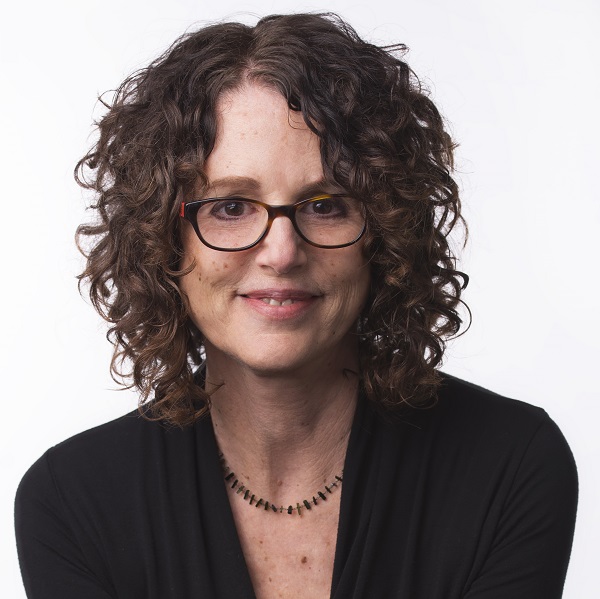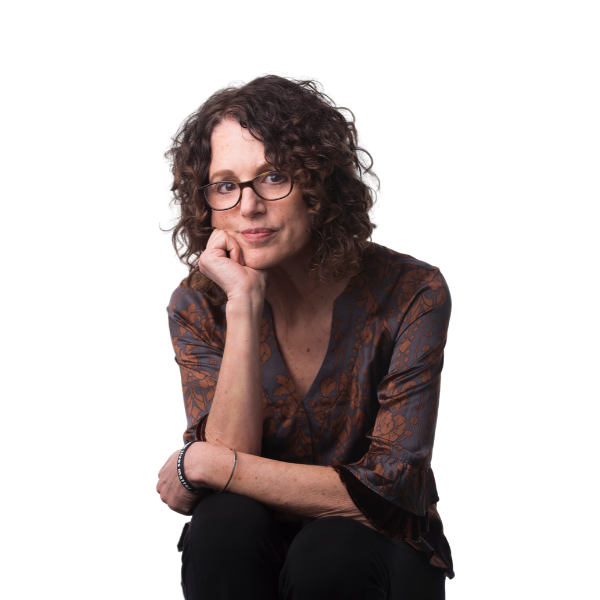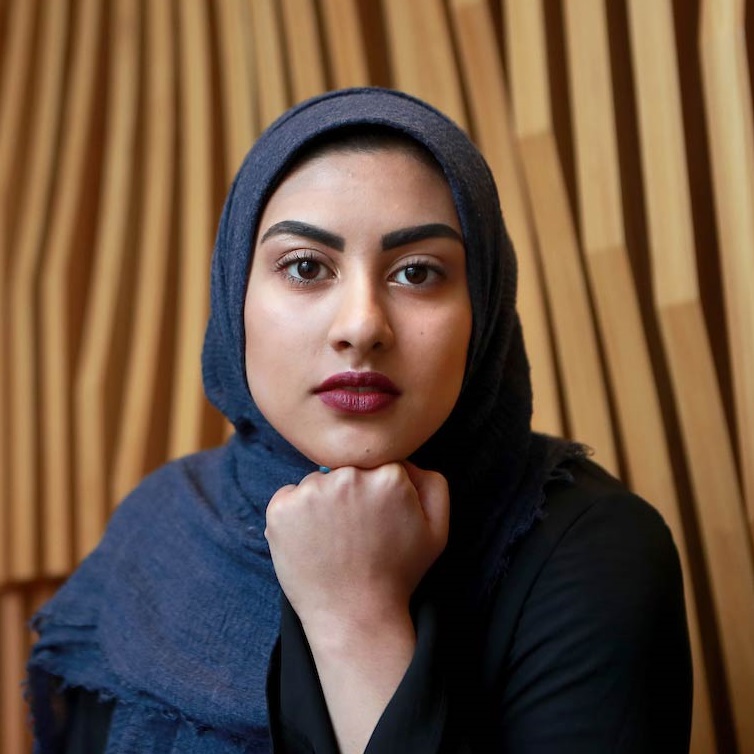
Featured Navigation Links
Program Summary
Degree Requirements BA
Degree Requirements Minor
Learning Outcomes
Sociology Resources
Faculty and Staff
Our social justice-driven program prepares students to be active community members and global citizens
We engage you as a whole person, encouraging you to locate yourself within a structural and cultural analysis
As a faculty, our teaching and research engage multiple social perspectives, and analyze social arrangements with particular emphasis on race, class, gender, and sexuality. Courses explore topics such as economic inequality, mass incarceration, gender-based violence, social identity, gentrification, men and masculinities, transgender lives, and freedom dreams.
Our intersectional pedagogy welcomes all students and centers the voices and needs of historically-disempowered communities. Together, we work to prepare you to engage in critical analyses of institutional power and practices, and to transform individual and group consciousness with an orientation to social action.
25 Under 25: Women of Color to Watch, Ms. Magazine
"Haleema Bharoocha is a Gen Z South Asian American striving to speak truth to power. As she quotes from the Quran, 'Stand firm in justice be it against yourselves or your parents.' "
Why Major in Sociology?
Sociology is the study of society and social problems. Sociology gives you a lens through which to understand social practices in your family, institutions, and social policy. It provides you with the tools to analyze, critique, and transform social structures, institutions, communities, individuals, and yourself. We seek to cultivate the “sociological imagination,” the ability to contextualize daily life in the broader patterns of social forces.

Dr. Robin DiAngelo
"The training in sociology I received at Seattle University has been invaluable to my life's work in racial justice education. My entire body of scholarship - as well as my daily practice as a group facilitator - is grounded in a sociological framework. This framework has enabled me to see the social dynamics at play that are not necessarily conscious or intentional but impacting outcomes nonetheless."
.png)
"There is a question that has never failed me in my efforts to uncover how - despite our claims of support for racial equality - our institutions continue to reproduce racial inequality. That question is not whether any particular claim is true or false. That question is, "How does this claim function?" This is fundamentally a sociological question."

"The questions we ask are of critical importance for they inform the directions we take in seeking answers. My background in sociology has provided me the analytical tools to make a contribution to a more racially equitable society."
Students graduate from our program with an understanding of how power works in terms of race, class, gender and sexuality in social life. They find our emphasis on the larger structures of society that produce these outcomes to be particularly valuable. We practice a kind of liberation sociology in the classroom that serves as a model for change-making.
Our majors draw on their sociological reasoning as they go on to work in nonprofits, make social policy, cofound co-ops, and write for independent media. The education students receive is also relevant to sectors such as technology, health care, and business.
Often pursuing graduate school in sociology or a variety of other disciplines (law, history, social work, education, etc.), alumni from our program value our interdisciplinary orientation. With a strong emphasis on applied learning -- community-engagement, internships, social movements -- the program offers students a toolkit of theories and skills to build a more just world.
-
Career Opportunities
-
Because sociology students develop the ability to identify and understand large-scale operations and organizations, they become valuable employees.
The undergraduate sociology degree is an excellent foundation for both entry level and advanced study in:
- business
- law
- human services
- government
- journalism
- medicine
- social work
-
Resources
-
- Sociology: A 21st Century Major [prepared by the American Sociology Association]
- Career Resources for Undergraduates [prepared by the ASA]
Contact Us
Charles Lawrence, PhD
Acting Chair
206-296-6953
lawrence@seattleu.edu
Naomi Rosenberg
Administrative Assistant
206.296.5906
rosenbe4@seattleu.edu
